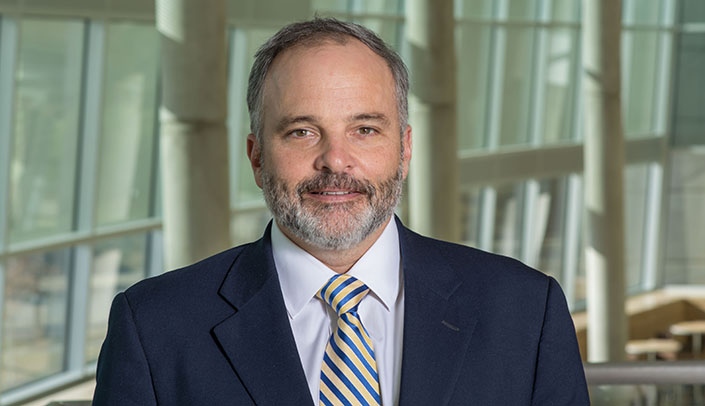The Global Center for Health Security will host a grand rounds panel discussion, “Emerging Infections & International Public Health Emergencies: Stories from the Field,” at 4:30 p.m. Thursday in the Sorrell Center, Room 1005.
The panel will include three internationally recognized experts in outbreak response who will share their stories from the field and provide insight as to how to better prepare for and more effectively respond to potential pandemic threats. They are:
- Michael Callahan, M.D., Massachusetts General Hospital/Harvard Medical School. He has served as special advisor on infectious diseases to two presidents, the secretaries of defense and of health and human services, the Office of the Commissioner of the Food and Drug Administration and served on multiple Institute of Medicine Committees of the National Academy of Science. Dr. Callahan has deployed to seven mass casualty disease outbreaks, including Ebola, Marburg, H5N1, H7N9 and MERS.
- William Fischer, M.D., the Institute for Global Health and Infectious Diseases and the University of North Carolina School of Medicine. Dr. Fischer was among the first physicians on the ground in Guinea during that country’s Ebola outbreak in 2014-2015. He was a lead member of the team that launched one of the first clinical trialS of a therapeutic intervention in the 2014-2016 Ebola outbreak, in which plasma from Ebola Virus Disease (EVD) survivors was given to acutely ill patients.
- David Brett-Major, M.D., an internal medicine and infectious diseases physician who works worldwide as a clinician, educator, researcher, and in health emergency risk management. He participated in the filovirus emergency response in Guinea, Nigeria, Sierra Leone, and Uganda. Dr. Brett-Major works in health security policy and as part of global alert and response coordination against EVD, MERS and A(H7N9).
“We hope that our panel will be able to communicate the inherent challenges of emerging infectious disease outbreak response in austere environments and highlight the particular problems in the current Ebola virus disease outbreak in eastern Democratic Republic of the Congo (DRC),” said James Lawler, M.D., director of international programs and innovation for the Global Center for Health Security. “In addition to raising awareness, the Global Center for Health Security continues to support infection prevention and control training for health workers in at-risk countries bordering DRC (e.g. Uganda) and is working with non-governmental organizations currently on the ground to develop innovative approaches and solutions to enhance public health response and patient care.”
